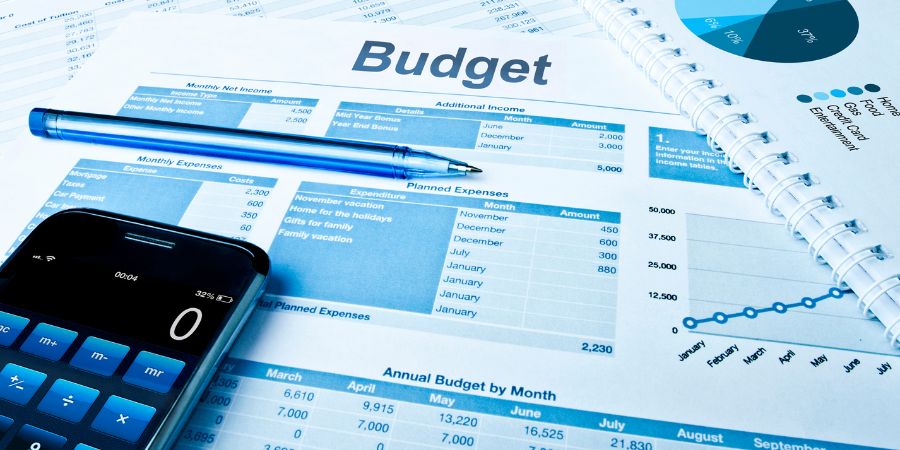How To Create A Budget
We are entering the new year, which means many people are setting goals for the new year. As a business owner, you should be doing the same thing. Creating a budget is one of the best practices you can start for your business. What Is a Business Budget and What Are Its Benefits? A…
Read More


